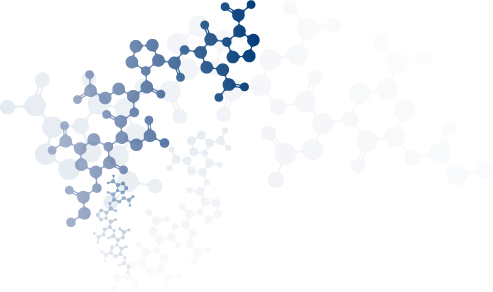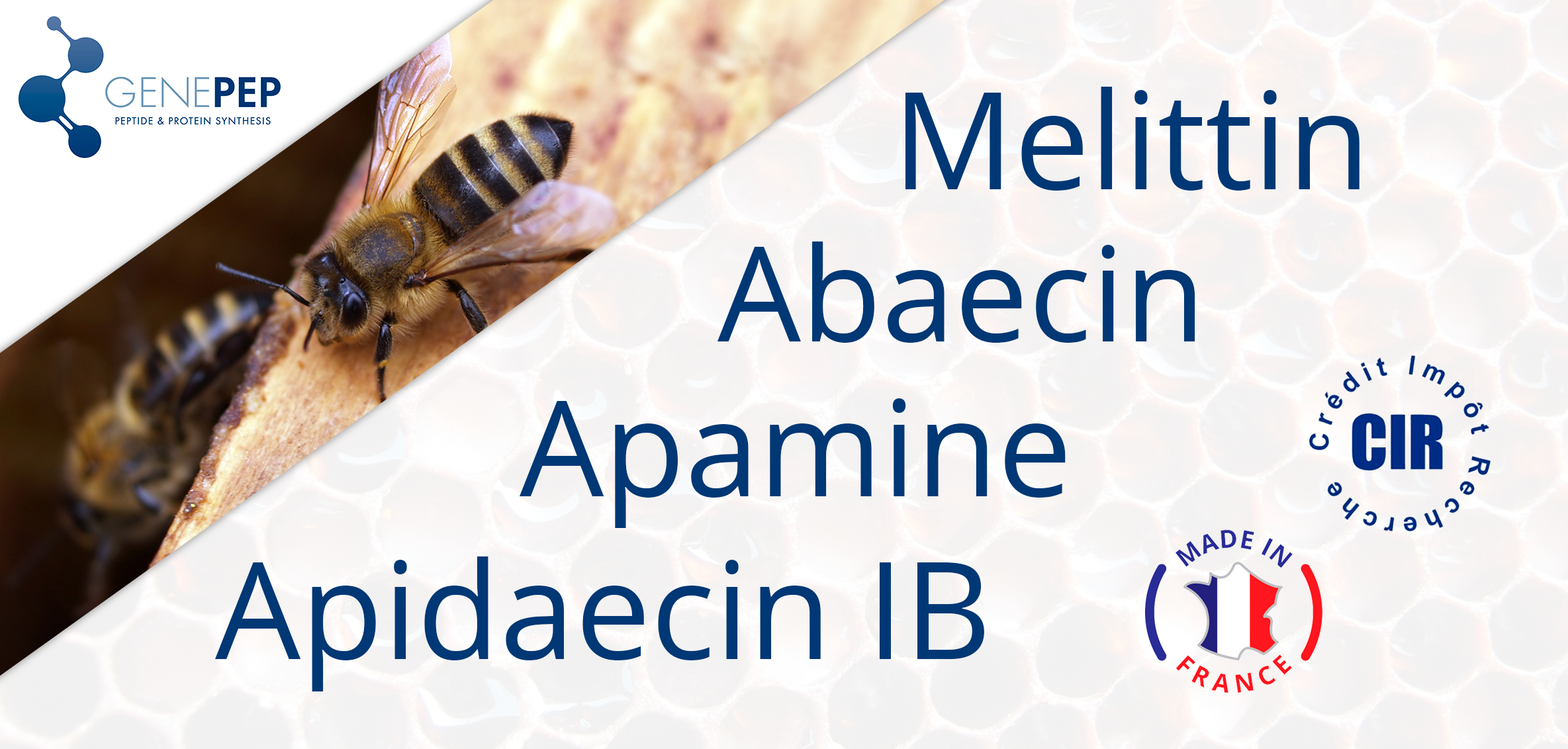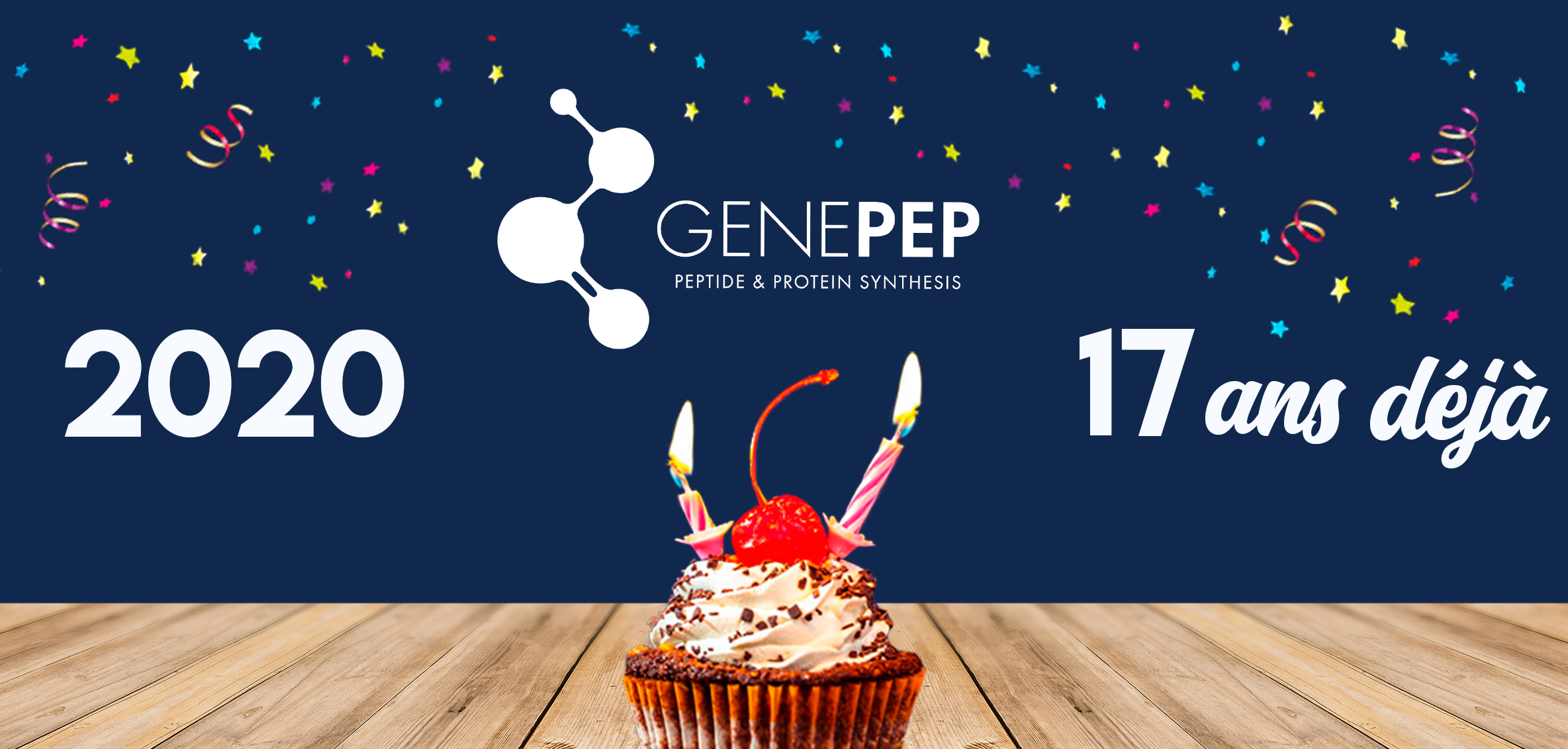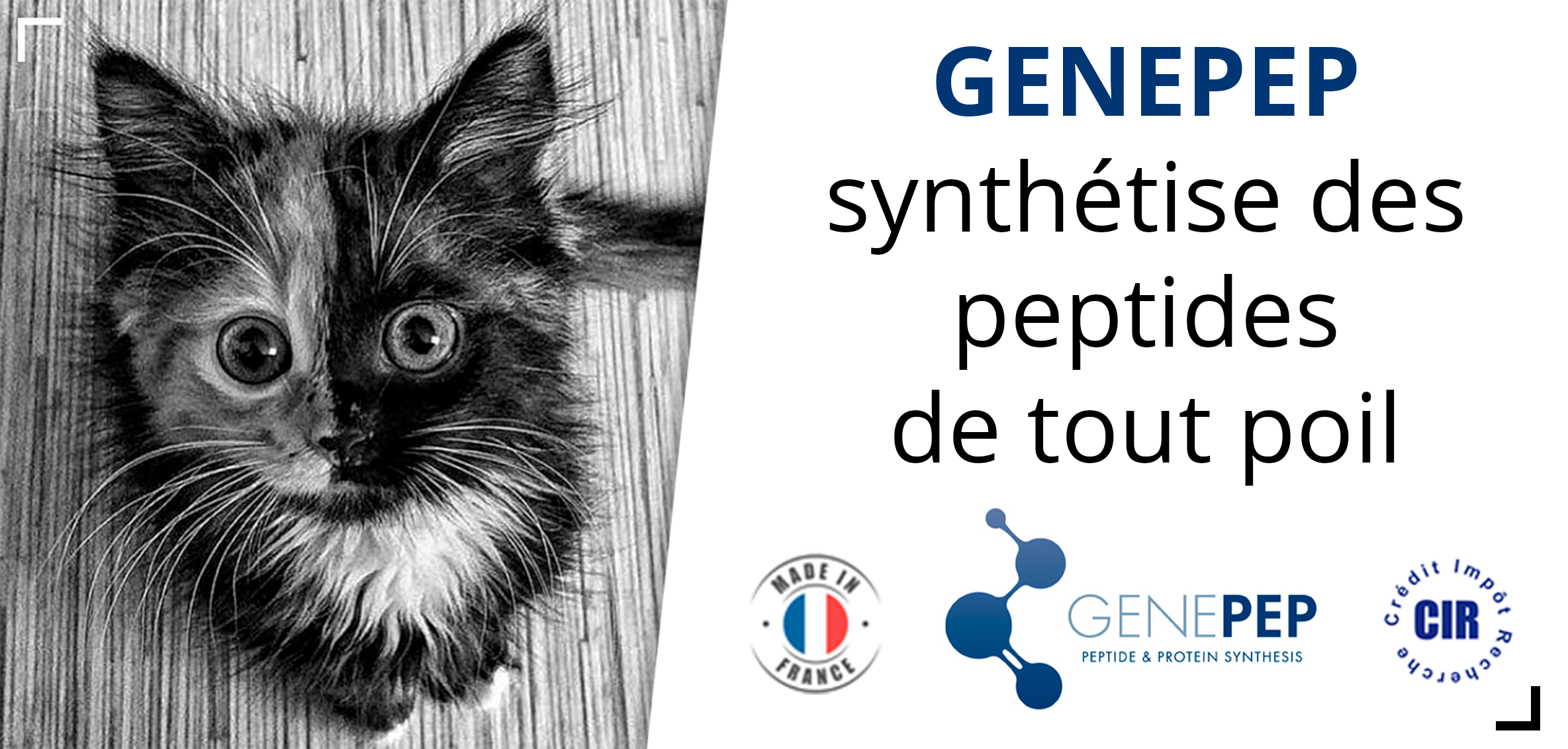We provide Peptides and Proteins for therapeutic, diagnostic and cosmetic applications
GENEPEP is a privately held company that specializes in design, chemical synthesis and optimization of peptides, peptide libraries and proteins.
We are experts in the synthesis, purification and characterization of classical and complex compounds (chemically modified peptides and proteins, cyclic peptides, tagged peptides, toxins).
We assure Quality, Short Delivery Times, Flexibility and Absolute Confidentiality. During the projects timelines we provide meaningful communication on regular basis.
GENEPEP provides products and services for research and drug discovery.
- Custom Peptide Synthesis
- Catalog Peptides
- Custom and Catalog Peptide Libraries
- Custom and Catalog Proteins
- Hit Generation and Lead Optimization
- Platform for Peptide Analyses (impurity identification, solubility and stability studies)
OUR EXPERTISE…
- More than 20 000 peptides synthesized
- Over 30 Chemically Synthesized Proteins and analogs
- Solution and Solid Phase Synthesis
- Several Scientific Publications and Patents,
- Strong skills in design and optimization of peptides
- Highly Qualified Team
- State-of-the-art equipment
- Strong problem solving skills
…FOR YOUR NEEDS
We work on Fee-for-service or FTE based programs.
GENEPEP can be the partner of your R&D projects, from research steps to development milestones.
The company is located in Montpellier, South of France.
GENEPEP has been awarded by French Research Ministry (innovative company) and Aventis (innovative technology).
RSE
You don’t have to be big company to be societally responsible. At GENEPEP :
- We have a RSE politic that favors, diversity, handicap, and men/women equality, our global effective contains 43% of women, and 60% in the top management. 100% of our employees have the same salary for the same position.
- 100% of our products and services are made in our office by our staff qualified in peptides chemistry.
- We favor proximity providers.
- We welcome and help in the training of students
- Our garbages are sorted and recycled in specialized centers.
- We are diminishing our carbone impact by privileging train keeping an eye on our energy and paper consumption.
- We are participating to the local life and developing the area ecosystem


















